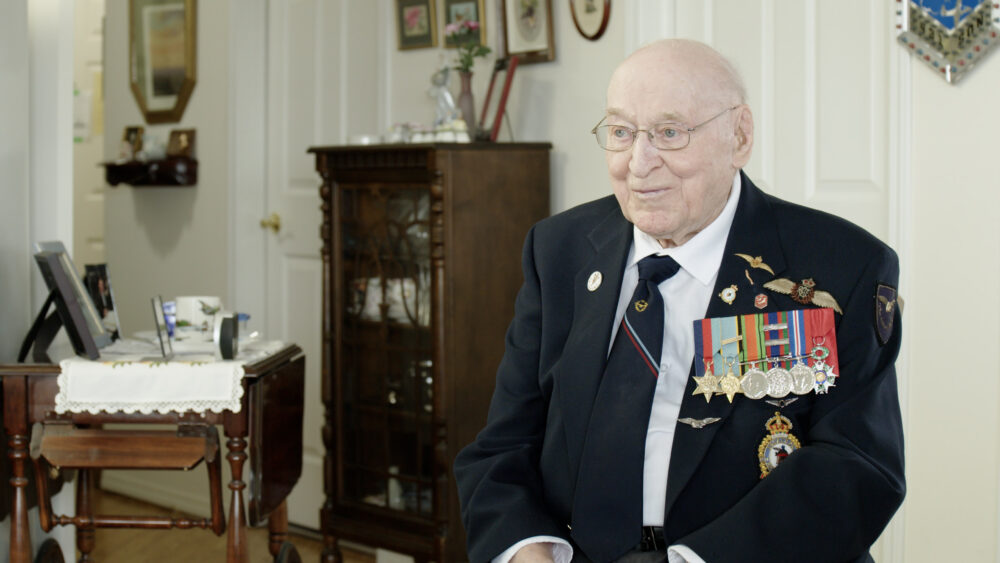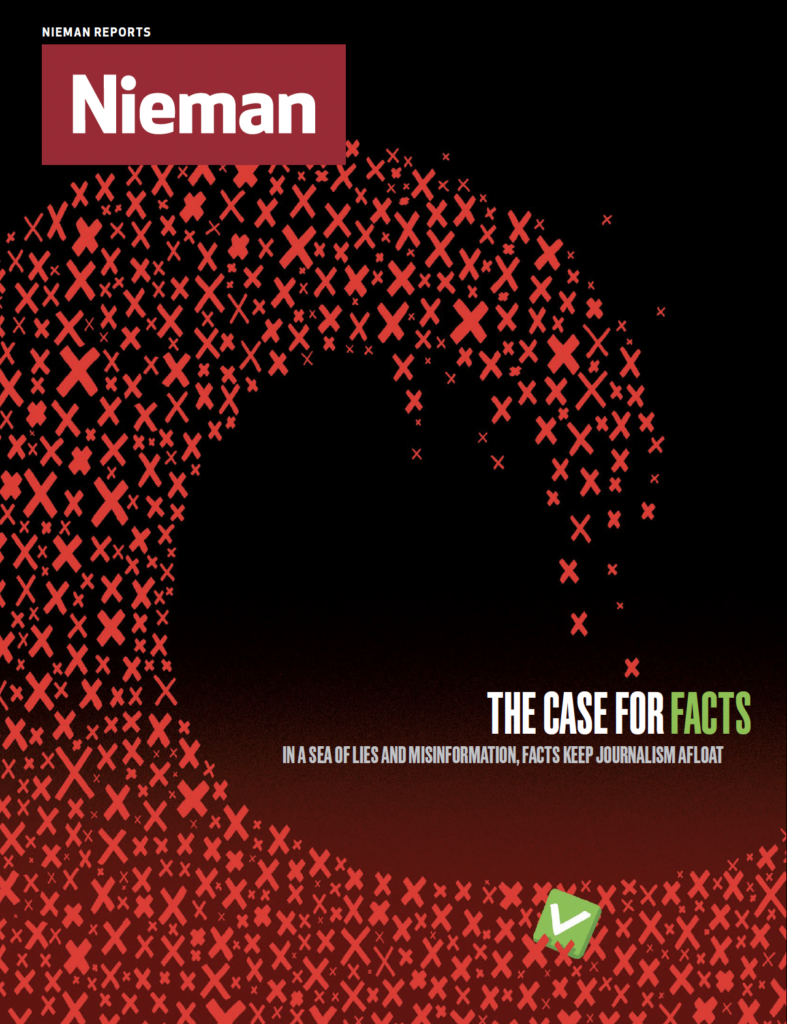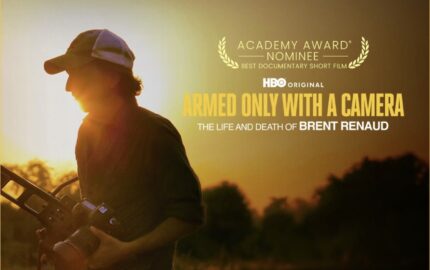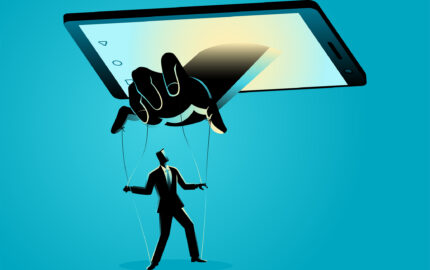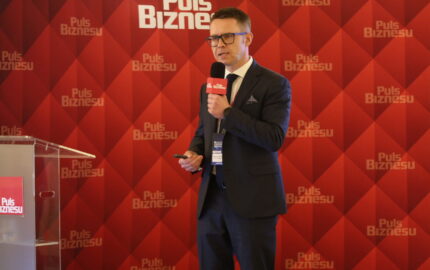Michael Petrou, NF '18, on leading "In Their Own Voices," an oral history project about the post-war lives of Canadian veterans.
Two summers ago, I sat down with Alex Polowin, one of a quickly dwindling number of Second World War veterans, and asked him how he felt when the war ended. “Sad,” he told me.
Polowin, who has since died, served three years in the Royal Canadian Navy, including during the D-Day invasion of France. He recalled steaming into Halifax Harbour at war’s end and seeing, for the first time, ships lit up because their crews no longer feared German torpedoes. Two things hit him: He survived. And he had no idea what to do next.
“The sadness wasn’t because the war was over. The sadness was, the good times came to an end,” he said. “You know, it’s good, it’s over, you’re safe now. But what are you going to do with the rest of your life?”
I’m a former war correspondent turned historian at the Canadian War Museum in Ottawa, and I interviewed Polowin for a project that begins when most histories — and a lot of reporting — about war and military service end: When the fighting stops, or when soldiers take off their uniforms and wonder what they’re going to do with the rest of their lives.
For veterans, and for those closest to them, the impacts of war and military service continue in ways that are deeply felt and far-reaching, rippling for decades and sometimes across generations. My colleagues and I are trying to trace those ripples and explore those impacts. We’re doing so with an oral history project that feels a lot like journalism, just slowed down a bit.
Over the past three years, I’ve interviewed more than 200 veterans and their loved ones, from centenarians who served in the Second World War to much younger men and women who were in Afghanistan and Iraq. These conversations are intimate, sometimes painful, almost always revealing.
They encompass the price veterans pay, in grief and post-traumatic stress, but also how service can shift someone’s life trajectory, exposing them to new people and ideas, or opportunities that would not otherwise have been available. Sometimes veterans change societies. Chinese- and Japanese-Canadian veterans of the Second World War, for example, used their veteranhood as a tool when demanding more equitable treatment from the Canadian government after the war — including the right to vote that was denied them because of racism, even while they risked their lives fighting for Canada.
The project, called “In Their Own Voices,” has several components. We launched an online exhibition last fall. We collaborated with the Canadian Broadcasting Corporation to produce a two-hour radio documentary. We are publishing a book that combines scholarly research with memoirs by veterans and their relatives. Later this year, we’ll host an academic conference. And all our interviews will be preserved in the museum’s archives and available to historians, journalists, and other members of the public for years to come.
I have occasionally reflected on the similarities and differences between veterans and journalists who have reported on wars. We were there for fundamentally different reasons but may now share the same kinds of memories. Once or twice during interviews, veterans have turned the tables on me:
“Were there any times when you were scared?” Reg Harrison, a 102-year-old Second World War veteran of the Royal Canadian Air Force, asked me.
“Yeah. Many times,” I told him.
Harrison, a survivor of four plane crashes during the war, said that when he and his crew mates flew Halifax and Lancaster bombers, they always felt safe. “I think that’s what kept a lot of them going, eh?” he said, referring to his comrades in Bomber Command, who suffered horrendous casualty rates.
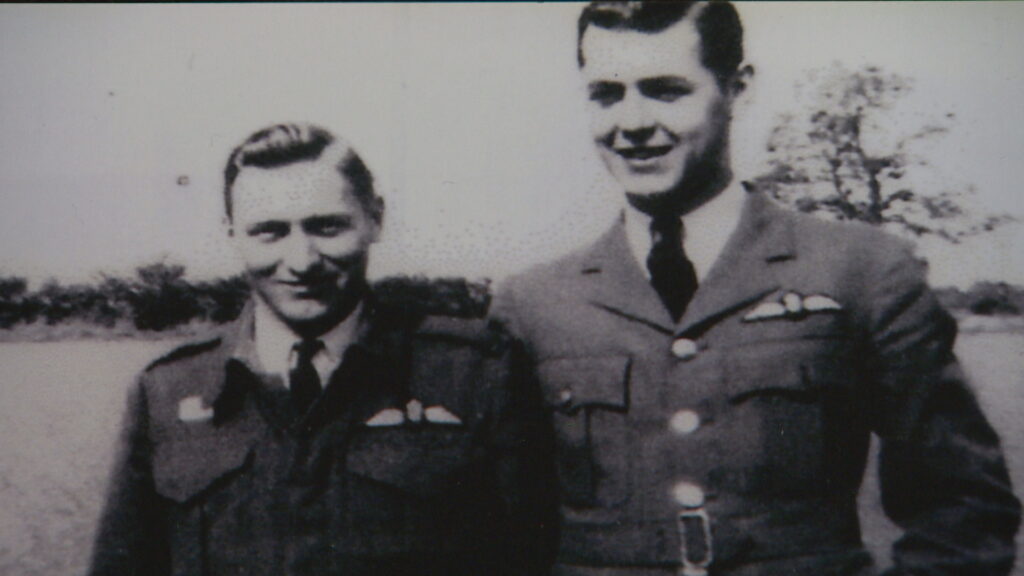
Another difference between veterans and war correspondents concerns the ties we build among ourselves. I sometimes found myself envying the fellowship some veterans maintain, even after their service ends. Correspondents, like veterans, see and experience things in war zones that are unique and difficult to process. But we’re also solitary, competitive, and there are so few of us that it’s rare for us to connect with each other and talk about it.
For veterans, becoming a civilian again can be as profound an experience as anything that happens during their military service. There’s a shift in one’s identity, from what they have been for their entire adult lives, to something that now feels new and unfamiliar. Nicholas Grimshaw, a decorated veteran of deployments in the Balkans and Afghanistan, likens this process to crossing a bridge from one bank of a river to the next. The near bank is known and comforting; the far one is dark and you’re afraid to reach it.
“But as time went on, I found that I was getting farther and farther away from the near bank and closer to the far bank,” he remembered. “And building that resilience, and still being able to reflect back on the military side of the near bank and say, ‘Yep, you’re good, I’m good, but it’s time for me to go.’ And push on, and move out, and keep moving forward.”
Grimshaw and Polowin both felt the weight of their transition from fighting men to civilians, one a citizen-soldier of the Second World War, the other a professional, long-service member of the armed forces. In their own words, they grappled with describing a journey that is integral to the veteran’s experience, and therefore an elemental part of war and military service. Documenting this journey is worthwhile for journalists and historians alike. Hearing their words, and those of other veterans and their loved ones, gets us a little closer to understanding how conflict shapes everyone it touches.
